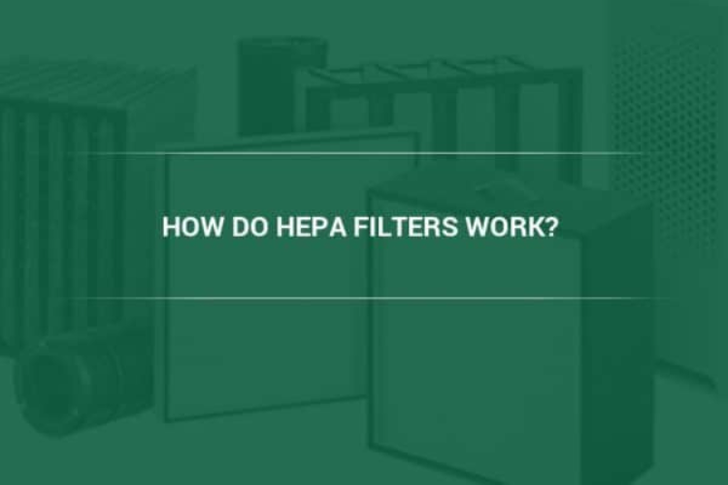"HEPA air filters and devices that use them have become a hot commodity since 2020, but HEPA filters have been around since the early 1950s," air quality experts from Camfil Addison Air Filters wrote in their latest blog post.
"HEPA filters are used in a variety of highly sensitive applications, such as preventing airborne contamination in hospitals and healthcare facilities and protecting equipment from particulate matter in cleanroom facilities. HEPA filters are also being used in offices, classrooms, and homes to improve air quality by removing particulate pollutants, pollen, pet dander, and other airborne contaminants, as well as to lessen the spread of COVID-19."
They shared the EPA's official definition of a HEPA Filter:
"HEPA is a type of pleated mechanical air filter. It is an acronym for 'high-efficiency particulate air [filter]' (as officially defined by the U.S. Dept. of Energy). This type of air filter can theoretically remove at least 99.97% of dust, pollen, mold, bacteria, and any airborne particles with a size of 0.3 microns (µm)."
"HEPA filters are among the most effective particulate matter filters available to buy. HEPA filters trap a much higher percentage of microscopic contaminants than even the highest rated MERV or even the more accurately labeled MERV-A filters," Camfil Addison air quality experts explained.
Read the rest of the article here.
Discuss this topic further here.
Keywords: HEPA, air filters, Camfil Addison Air Filters, airborne contamination, hospitals, healthcare facilities, cleanroom facilities, offices, classrooms, homes, particulate pollutants, pollen, pet dander, COVID-19 spread prevention, EPA definition of HEPA filter , high-efficiency particulate air filter , dust particles , pollen , mold , bacteria , airborne particles size 0.3 microns (µm), MERV filters.
Source: Story.KISSPR.com
Release ID: 480726

